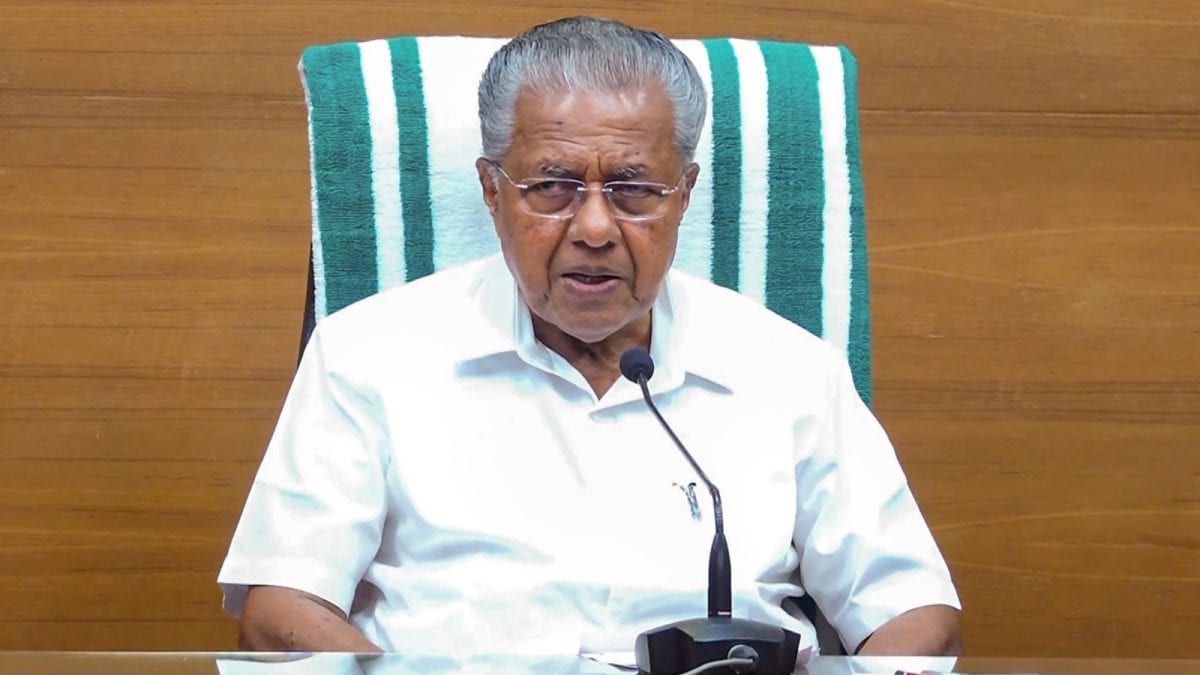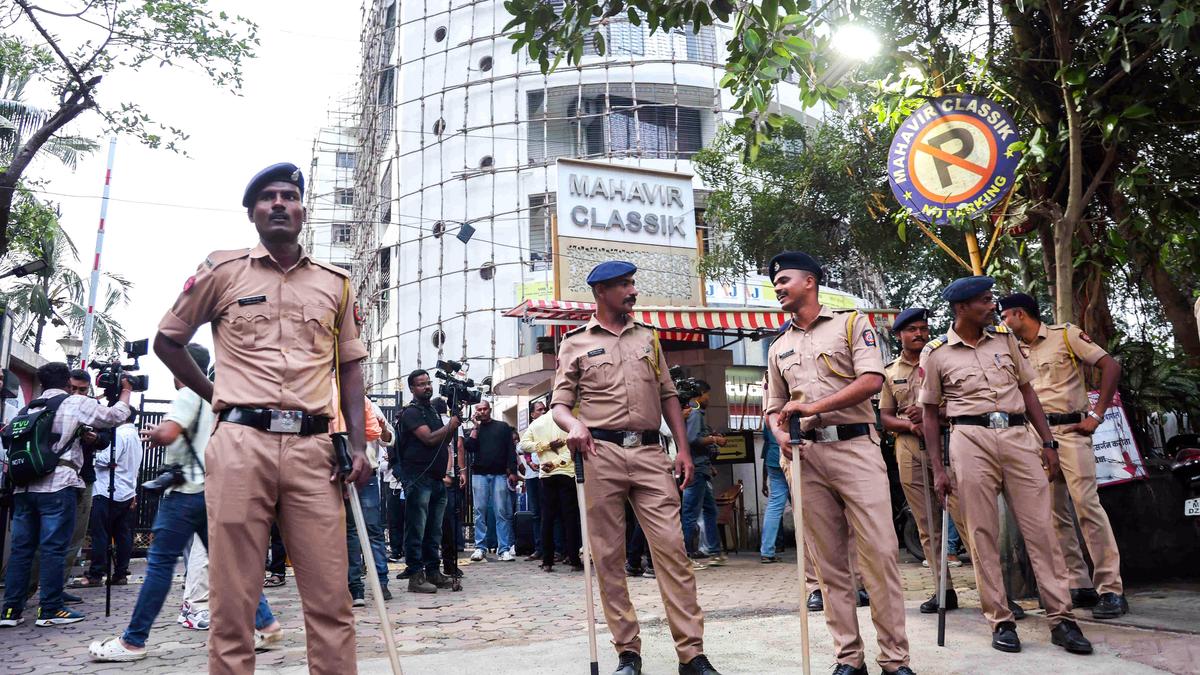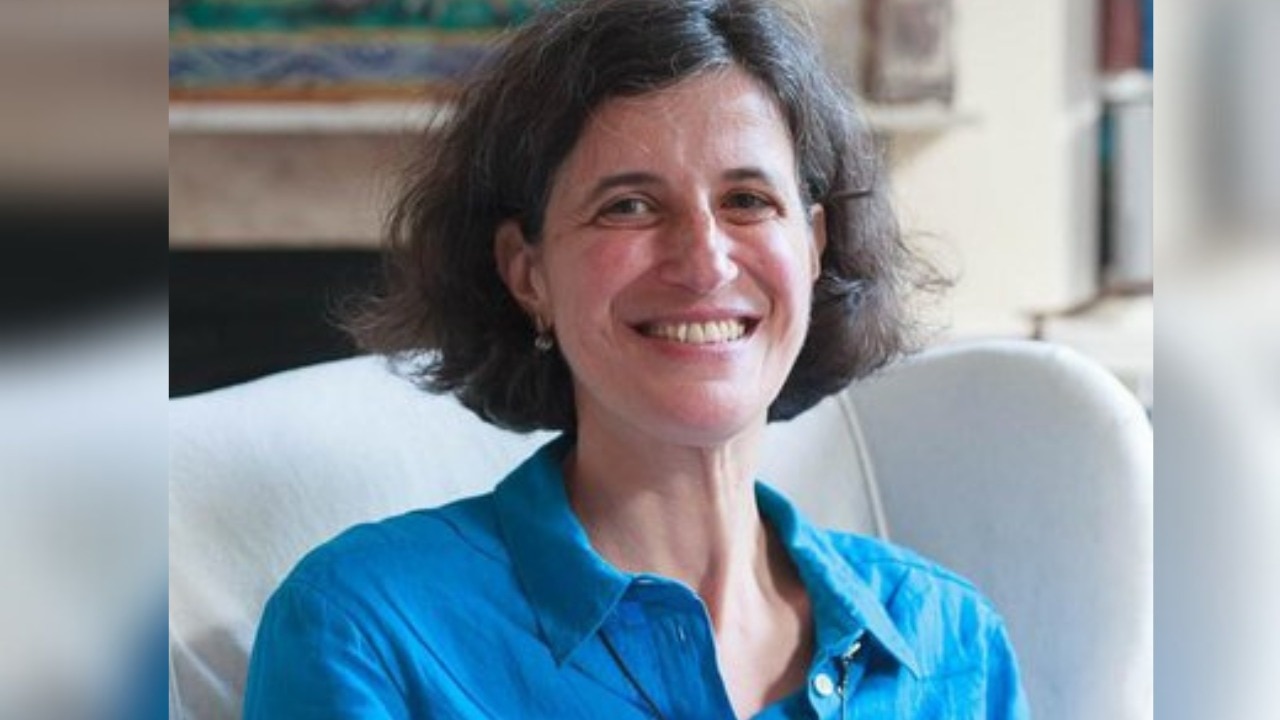The Supreme Court on Thursday refused to interfere with a Madras High Court Division Bench order permitting the State of Tamil Nadu to carry out works related to the development of four ponds situated in the Madras Race Club grounds in public interest, but restricted the government from creating “permanent structures” on the property beyond what was required for an eco-park.
A Bench of Justices P.S. Narasimha and R. Mahadevan was dealing with a plea filed by the Madras Race Club, represented by senior advocate Gopal Subramanium, challenging the Division Bench order of October 22 which modified an interim direction of status quo pronounced by a Single Judge of the High Court on July 4.

On September 6, 2024, the Tamil Nadu government had issued an order prematurely terminating the 99-year-long lease given to the Madras Race Club in 1946 for 160.86 acres of land at Guindy in Chennai.
The club had instituted a suit against the State against the termination of the lease and had sought the relief of a permanent injunction against eviction. The Single Judge had granted an interim relief of status quo. On August 18, it reserved orders on the Madras Race Club’s application to restrain the government from interfering with its possession.
The State government, represented by senior advocate P. Wilson, did not relent, and challenged the interim order of status quo in an appeal before a Division Bench of the High Court. The State had argued that the operation of order of status quo would impede the works relating to development and strengthening of ponds as flood control and rainwater preservation measures in public interest, apart from the proposed eco-park.

In response, the Division Bench had modified the status quo order of the Single Judge and permitted the “State to carry out all works relating to strengthening/development of pond and any other project of public interest and the club shall cooperate and not obstruct such work”.
On Thursday, the Supreme Court, in a petition filed by the Madras Race Club, clarified that the portion “and any other project of public interest” in the Division Bench order of October 22 would not entitle the government to “create permanent structures” which “shall not be more than what is required for an eco-park”.

The apex court Bench further noted that the petitioner (the Madras Race Club) would be entitled to move an application for further modifications. It noted that the Single Judge, who had reserved orders on August 18, would dispose of the application of the Madras Race Club uninfluenced by the observations of the Division Bench.
During the hearing, Mr. Subramanium, for the Madras Race Club, submitted that the club had volunteered for the complete development of the four ponds situated on 80 acres of the 160-acre premises, but the Division Bench had expanded the scope to include “other project” in its October 22 order. It was “perplexing” to have a direction for status quo modified by the Division Bench in an appeal when the Single Judge had already reserved for orders, Mr. Subramanium said. It was “distressing” to note that one of the judges on the Division Bench, who had refused to recuse from hearing the case, had passed adverse orders against the club in 2023, and upheld an upward revision of rent to be realised from the Madras Race Club, he said. The judge had also appeared as a lawyer against the Madras Race Club.
Senior advocates Mukul Rohatgi and A.M. Singhvi, appearing for the government along with Mr. Wilson, termed the Madras Race Club’s submissions against the judge “an unfair accusation”. Mr. Singhvi said the “other project of public interest” mentioned in the October 22 order was the eco-park in question. “We are not making any commercial buildings or government offices. Tenders are for a fantastic eco-park on the lines of Japanese gardens,” Mr. Singhvi explained.
He urged the apex court to not to use the term ‘permanent structures’, saying this would expose the State to contempt action even if they tried to build a bridge in the eco-park. This submission led the Bench to clarify in its order that the construction of any permanent structure should be restricted and intrinsic to the eco-park.
Mr. Wilson highlighted that the development of the four ponds would act as a crucial buffer against flooding in four areas, including Velachery, Medavakkam, Alandur, and Madipakkam, during heavy rains.

 1 day ago
6
1 day ago
6







 English (US) ·
English (US) ·